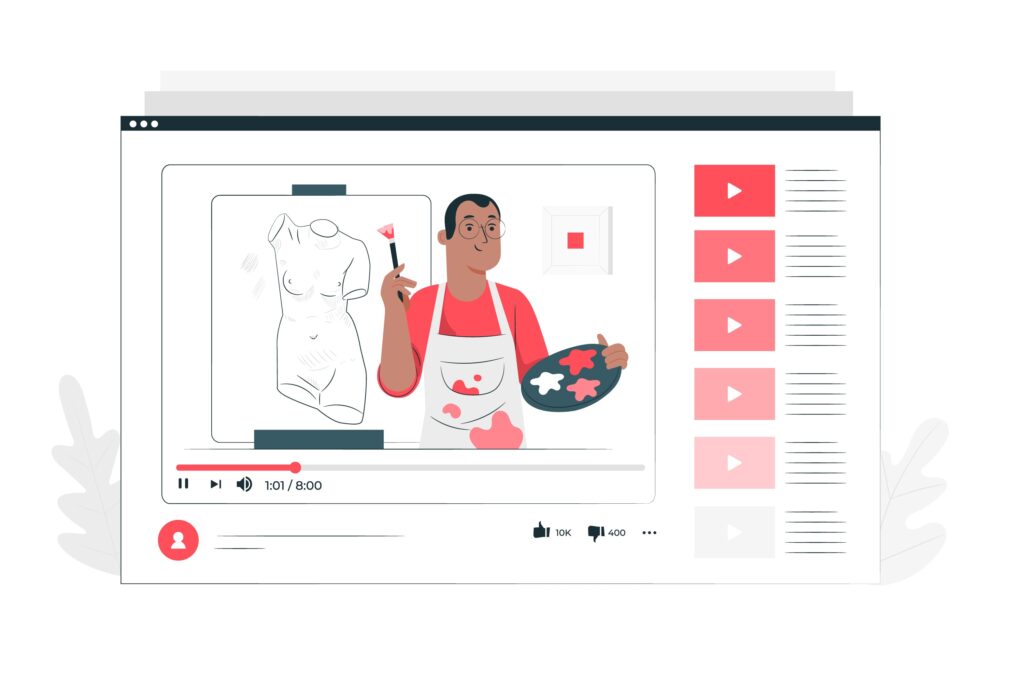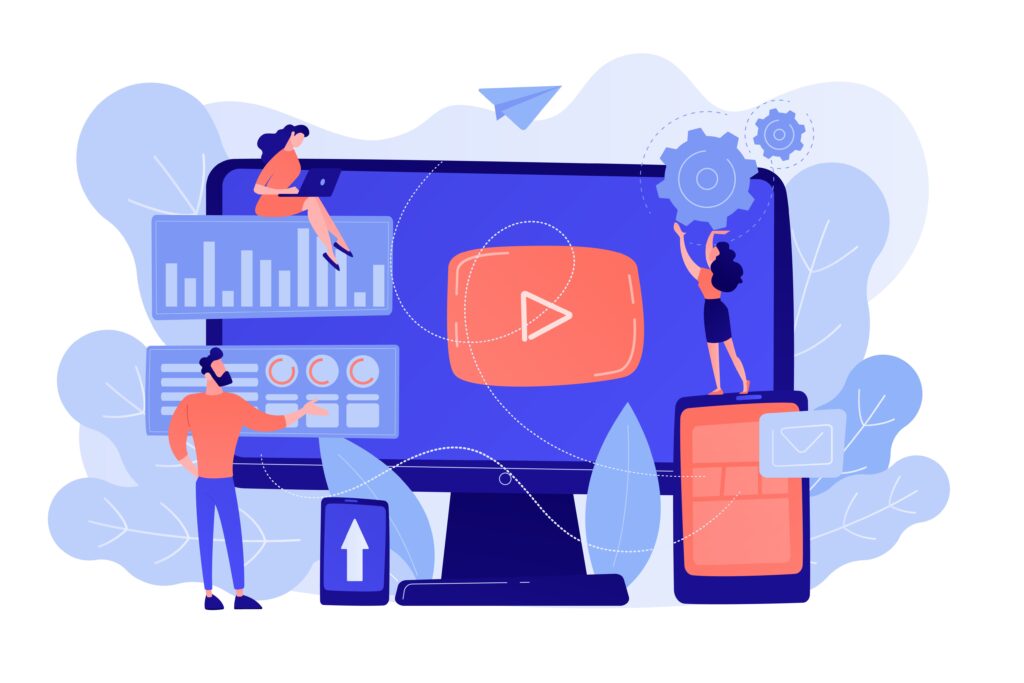So let’s start with what is a sponsored post. A sponsored post is a type of advertisement that is disguised as a regular post or article on a website or social media platform.
It is a form of influencer marketing where a brand collaborates with a content creator or publisher to create content that promotes the brand or its products or services.
How To Make Money Through Sponsored Posts?

Sponsored posts are a popular way for brands to reach new audiences and promote their products or services.
They are often created in partnership with influencers, bloggers, or content creators who have a large following on social media or a popular website.
These influencers create content that promotes the brand or its products, and the brand pays them for their work.
1. Different Forms Of Sponsored Posts
Sponsored posts can take many forms, including blog posts, social media posts, videos, and even podcasts. They can be created by the brand itself or in collaboration with the content creator.
The content of the post will depend on the brand’s goals and the type of audience they are targeting.
2. Informative Posts
Sponsored posts are typically labeled as such to inform readers or viewers that the content they are viewing is a paid advertisement. This is important for transparency and to comply with advertising regulations in many countries.
For example, in the United States, the Federal Trade Commission (FTC) requires influencers to disclose any material connection they have to a brand in sponsored posts.
3. Make A Brand For Your New Audiences
Sponsored posts can be an effective way for brands to reach new audiences and promote their products or services.
By partnering with content creators who have a loyal following, brands can tap into that audience and gain exposure for their brand. However, it is important for brands to be transparent about sponsored content to avoid any ethical issues or potential legal problems.
Advantages Of Sponsored Posts
Reach a New Audience: Sponsored posts can help brands reach a new audience that they may not have been able to reach otherwise.
By partnering with influencers who have a large following on social media or a popular blog or website, brands can tap into that audience and gain exposure for their brand.
1. Authenticity
Sponsored posts can be more authentic than traditional advertising. By partnering with content creators who have built a loyal following, brands can create content that is more genuine and relatable to their audience.
This can help build trust with potential customers and increase the likelihood of a purchase.
2. Cost-effective
Sponsored posts can be a cost-effective way for brands to reach their target audience. Instead of spending money on traditional advertising, brands can partner with influencers who can create content that is more engaging and effective.
3. Measurable Results
Sponsored posts can be tracked and measured, allowing brands to see the impact of their advertising efforts. By tracking metrics like engagement, clicks, and conversions, brands can evaluate the effectiveness of their sponsored posts and adjust their strategy accordingly. And you will be aware of how much to charge for sponsored posts.
4. More Creative Freedom
What is a sponsored post on Instagram? Whatever social media platforms you are using, the creative posts allow brands to be more creative with their advertising. By partnering with content creators, brands can create content that is more engaging and entertaining, rather than traditional ads that may be seen as intrusive or annoying.
Disadvantages Of Sponsored Posts
Many people want to know how to make a sponsored post on Instagram. But before creating any sponsored post in the social media platforms better know the cons part of the sponsored posts.
1. Loss Of Credibility
Sponsored posts can sometimes be seen as inauthentic or insincere, which can harm the credibility of both the brand and the content creator. This is especially true if the sponsored post is not clearly labeled as an advertisement.
Consumers may feel misled if they believe they are reading an unbiased review or opinion, only to find out that the post is actually a paid advertisement.
2. Cost
Sponsored posts can be expensive, especially if the brand is partnering with a high-profile influencer or content creator. This can be a barrier to entry for smaller brands or those with limited marketing budgets.
The cost of sponsored posts can also vary depending on the platform, the type of content, and the audience size of the influencer or content creator.
3. Limited Control
Brands may have limited control over the content of sponsored posts, especially if they are working with an influencer who has creative freedom. This can be a disadvantage if the content does not align with the brand’s values or messaging.
It can also be challenging for brands to ensure that the sponsored post complies with legal and regulatory requirements, such as the FTC guidelines for sponsored content.
4. Ethical Concerns
Sponsored posts can raise ethical concerns, especially if the content is not clearly labeled as an advertisement. This can lead to consumer mistrust and damage the reputation of the brand and the content creator.
Brands and influencers must ensure that they are transparent about the sponsored nature of the content and follow ethical guidelines for sponsored content.
5. Limited Long-Term Impact
Sponsored posts may have limited long-term impact compared to other forms of marketing, such as content marketing or SEO. Sponsored posts typically have a shorter lifespan and may not have the same level of influence as other types of content.
It is important for brands to have a long-term marketing strategy that includes a mix of different tactics to ensure ongoing success.
Conclusion
Sponsored posts can be a powerful marketing tool for brands to reach new audiences and promote their products or services.
However, it is important for brands to be transparent about sponsored content, ensure ethical guidelines are followed, and have a long-term marketing strategy that includes a mix of tactics to achieve ongoing success.




